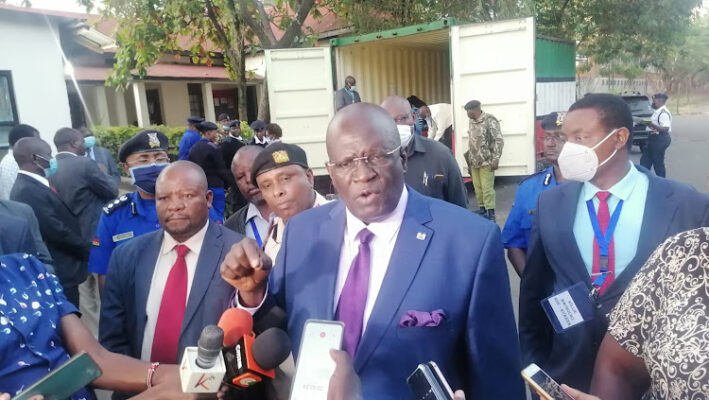The Ministry of Education, Kenya National Council of Examinations and ICT Authority are in charge of the selection process with the expected results next week.
This gives parents enough time to prepare their children for the prescribed Form One admission for the next month.
Due to “poor choices”, some candidates who obtain higher marks in the 2021 Kenya Certificate of Primary Education (KCPE) exam results may be denied admission to their desired schools.
This is because the admission process is fully automated and as is customary, stiff competition is expected for places in reputed schools.
National schools can only accept about 5,570 students. In the 2021 cohort, 11,857 candidates scored between 400 and 428, most of whom were interested in attending national schools.
“We will ensure that all children are given equal, fair and just treatment, including those in slums and remote areas,” Professor Magoha said.
The top ten candidates (five boys and five girls) from each sub-county will be placed in the national schools of their choice during the selection process.
There are 290 sub-counties, which means that 2,900 students from across the country will be able to attend the schools of their choice.
The vacancies in National Schools will be shared 50:50 by the students of private and public schools. Affirmative action is used to select top candidates from urban slums to attend national schools.
This means that candidates who have performed well but come from areas with high marks may be denied admission to the school of their first choice.
The ministry employs a 15:35:50 ratio for extra-county schools. The host sub-county receives 15% of the vacancies, the county receives 35%, and candidates from other regions receive 50%.
Since all special needs institutions are classified as national schools, students from all over the country are admitted.
Most candidates will be placed in day schools at sub-county institutions.
Prisoners above 18 years of age and those from refugee camps will not be considered for selection.

